Video summary
Kate Adie narrates an in depth look into the start of women’s football.
With archive and contemporary footage juxtaposed, we see how women’s football became a part of society, and in turn, the war effort; many of the games raising thousands of pounds for the soldiers and war charities.
The Blyth Spartans team is a particular focus and their star player: Bella Reay; who was recognised for her sporting skill with a medal.
The differences in the ways women were treated compared to men are also considered.
Teacher Notes
Pupils can highlight and discuss how far social attitudes towards class remained during the war, despite the changes in gender politics.
This might be part of a wider investigation into the social impact of World War One.
This clip will be relevant for teaching History at KS3, KS4/GCSE, in England and Wales and Northern Ireland.
Also at Third Level, Fourth Level, National 4 and National 5 in Scotland.
This topic appears in OCR, Edexcel, AQA, WJEC, CCEA GCSE and SQA.
How the suffragette movement changed at the start of WW1. video
Kate Adie examines how the suffragette movement shifted focus at the outbreak of World War One.
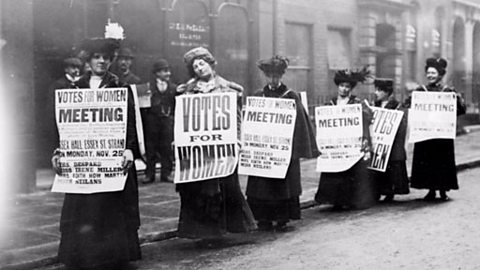
How the first women gained the right to vote in 1918. video
Kate Adie discovers how the Representation Act gave some women the right to vote at the end of Word War One.
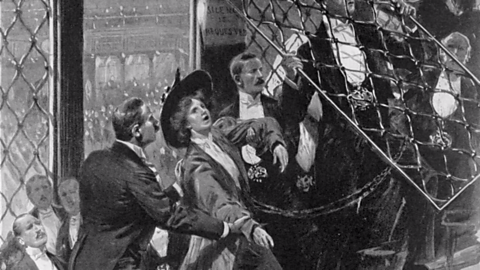
How women joined the war effort in World War One. video
Kate Adie explores how women of all classes joined the workforce overseas and on the 91Čȱ¬ Front.
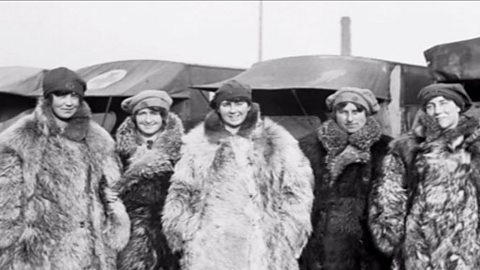
Women in medicine and health in World War One. video
Kate Adie explains how women staffed the medical services and broke down social attitudes during WW1.
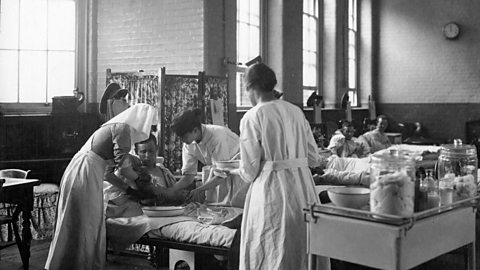
The rise of the girls' night and the first women's police force in WW1. video
Kate Adie explains the story of Margaret Damer Dawson, the Women's Police Service and the rise of the girls' night out in WW1.
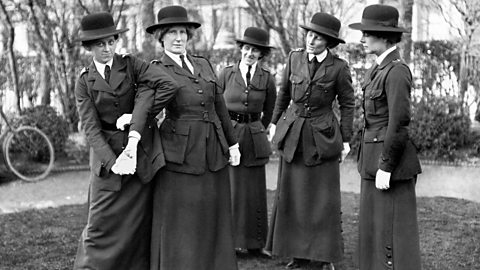
Ěý